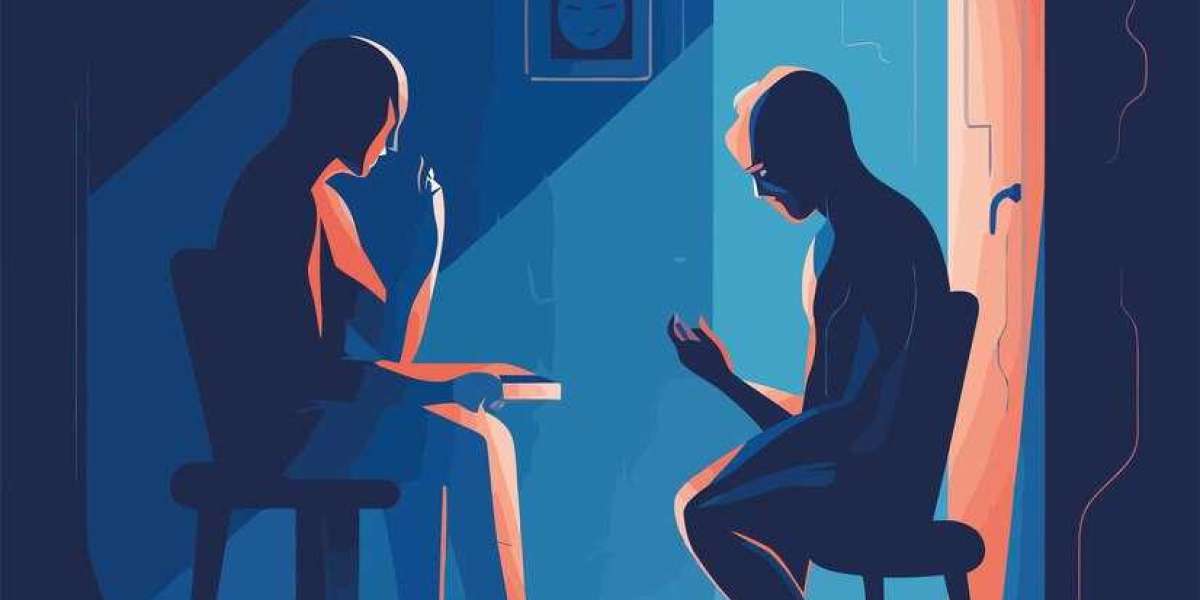In today's hectic environment, sleep is becoming increasingly valuable. With hectic work schedules, social obligations, and constant connectivity through technology, getting a good night's rest can sometimes feel like a luxury. However, recent research has shown that there is an unexpected link between personality and sleep habits that may shed light on why some individuals struggle with sleep while others seem to have no trouble at all.
Personality Traits and Sleep Patterns
When it comes to personality traits, there are five main dimensions that are often used to categorize individuals: openness, conscientiousness, extraversion, agreeableness, and neuroticism. Each of these traits can play a role in determining an individual's sleep habits and overall sleep quality.
- Openness: People who are high in openness tend to be more creative, curious, and open to new experiences. While these traits can have many benefits, they may also lead to a more erratic sleep schedule as individuals may be more likely to stay up late pursuing their interests.
- Conscientiousness: On the other hand, individuals who are high in conscientiousness tend to be organized, detail-oriented, and goal-driven. These individuals are more likely to stick to a consistent bedtime routine, which can result in better sleep quality.
- Extraversion: Those who are high in extraversion are outgoing, sociable, and energized by social interactions. While these traits can be beneficial in many aspects of life, they may also lead to a tendency to stay up late socializing, which can impact sleep patterns.
- Agreeableness: People who are high in agreeableness tend to be compassionate, cooperative, and empathetic. While these traits have many positive aspects, they may also lead individuals to prioritize the needs of others over their own need for sufficient sleep.
- Neuroticism: Individuals who are high in neuroticism tend to be more anxious, moody, and prone to stress. These traits can significantly impact sleep quality, as heightened levels of anxiety and stress can make it difficult to relax and fall asleep.
The Role of Personality in Sleep Disorders
It's important to note that personality traits can also play a role in the development of sleep disorders such as insomnia, sleep apnea, and restless leg syndrome. For example, individuals who are high in neuroticism may be more prone to developing insomnia due to heightened levels of anxiety and worry. Similarly, those who are high in agreeableness may be more likely to experience sleep apnea if they tend to prioritize the needs of others over their own health.
Online Psychiatric Consultation: If you are struggling with sleep issues and believe that your personality traits may be playing a role, consider seeking an online psychiatric consultation. A qualified professional can help you better understand the link between your personality and sleep habits, and provide strategies for improving your overall sleep quality.
Clinical Psychologist Near Me: If you prefer face-to-face interaction, you can also search for a clinical psychologist near me who specializes in sleep disorders. Working with a psychologist can help you uncover any underlying issues that may be contributing to your sleep difficulties and develop a personalized treatment plan to address them.
By understanding the unexpected link between personality and sleep habits, you can take proactive steps to improve your overall sleep quality and prioritize your health and well-being. Remember, a good night's rest is essential for both physical and mental health, so don't underestimate the importance of getting sufficient sleep each night.
In conclusion, the connection between personality traits and sleep habits is a complex and multifaceted one. By recognizing how your individual traits may be influencing your sleep patterns, you can make positive changes to improve your overall sleep quality and lead a healthier, more well-rested life.



